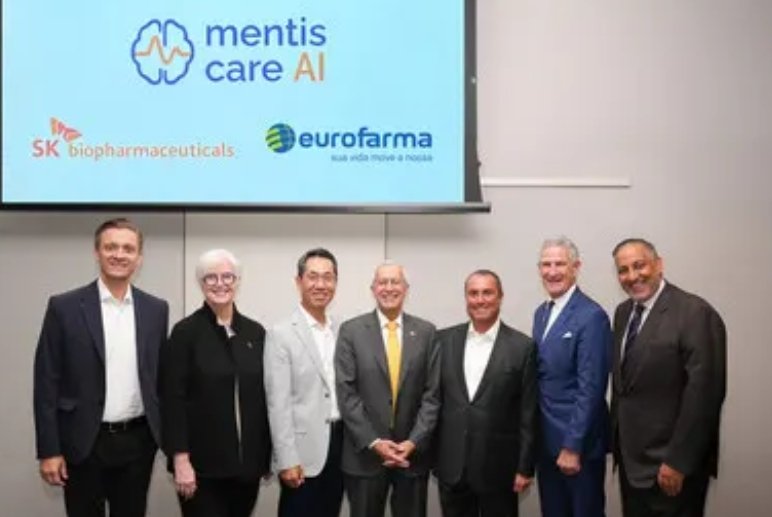Singapore is sharpening its pharmaco genomics and regulatory edge to enable faster, accurate and timely access to new drug entrants
Fostering scientific developments in genomics study is not comprehensive enough to integrate personalized medicine into clinical application unless the regulatory pathways are adequately defined. Realizing the potential of personalized medicine in reducing adverse drug reaction and subsequently lowering the health cost of the country, Singapore is sharpening its edge on pharmacogenomics and regulatory stream that would enable faster, accurate and timely access to new drug entrants.
Ms Amy Khor, Minister of State of the Ministry of Health and Ministry of Manpower, Singapore, stated that Singapore is designing innovative regulatory approach to implement personalized medicine in healthcare system for early prediction and arrest of diseases. Health Science Authority (HSA) of Singapore is evaluating regulatory framework and integrating capacity building to provide safe platform for personalized medicine by investing in pharmaco genetics.
Vigilance branch of health promotion group in HSA is integrating innovative surveillance network to capture information related to drug reaction and consequently analyze regulatory guidelines for personalized medicine.
Based on population genotype data, HSA has introduced surveillance mechanism to capture of relevant genetic information system. The objective is to translate the research findings into regulatory recommendation and involve stakeholders to implement clinical approaches. Currently, Singapore is implementing pharmacogenetics in two projects, serious skin rashes and drug infused liver injury.
"No drug development is possible without a harmonized collaboration between regulatory, industry and scientific fraternity. Pharmacogenetics in personalized medicine has the potential to step up the drug approval process. In addition to conventional pharmacovigilance, personalized medicine has potential to reduce adverse drug reaction in specific patient, develop drugs in a reliable way that could bring enormous impact on the healthcare market. This can subsequently translate into significant saving in our healthcare cost. The aim is to translate the findings into regulatory recommendation and implement clinical approaches to identify individuals who may be exposed to certain serious drug reactions," Ms Khor said.
Adaptive licensing
Taking into consideration new science and technology, Singapore plans to erect adaptive, robust and cost efficient regulatory model for drug approval. One-of-the non-conventional models for drug approval is adaptive licensing. Singapore has partnered with bioscience centre of MIT to catalyze innovation in pharmaceutical drug development paradigm and implement adaptive licensing approach. Singapore has committed S$16.1 billion in healthcare sector between 2011-15 out of which S$3.7 billion is dedicated to enhancing research and development.
As published in international scientific journal Nature, traditional drug licensing approaches are based on binary decisions. At the moment of licensing, an experimental therapy is presumptively transformed into a fully vetted, safe, efficacious therapy. By contrast, adaptive licensing (AL) approaches are based on stepwise learning under conditions of acknowledged uncertainty, with iterative phases of data gathering and regulatory evaluation. This approach allows approval to align more closely with patient needs for timely access to new technologies and for data to inform medical decisions.
"This approach allows careful analysis of decision to be taken for patients. From Singapore perspective, new medicine can play a key role in treating diseases with unmet needs. We are still looking at pilot platform to conduct the project for non serious diseases," commented Associate Prof John Lim, CEO, Health Science Authority, Singapore.
In the current landscape, genomics and proteomics, are being allowed to work together, however, undefined regulatory framework and consequent restrictions hinders the clinical application. "In addition to conventional pharmacovigilance, innovative approaches towards more personalized and stratified medicine hold the key to prospectively reduce adverse drug reaction which is possible through collaboration among the industry, academia and regulators to transform clinical application, Prof Lim said.
To come up with rapid advances in emerging sciences, Singapore has hiked deployments in R&D and is now catering to pressing need of cutting edge regulatory expertise. "Regulatory framework must be robust enough to cater to the pace of new drug development and ensure that regulation facilitate safe deployment of latest science. This has to be achieved without impeding new drug development and access because of traditional or outdated regulatory framework," said Prof. Lim.



